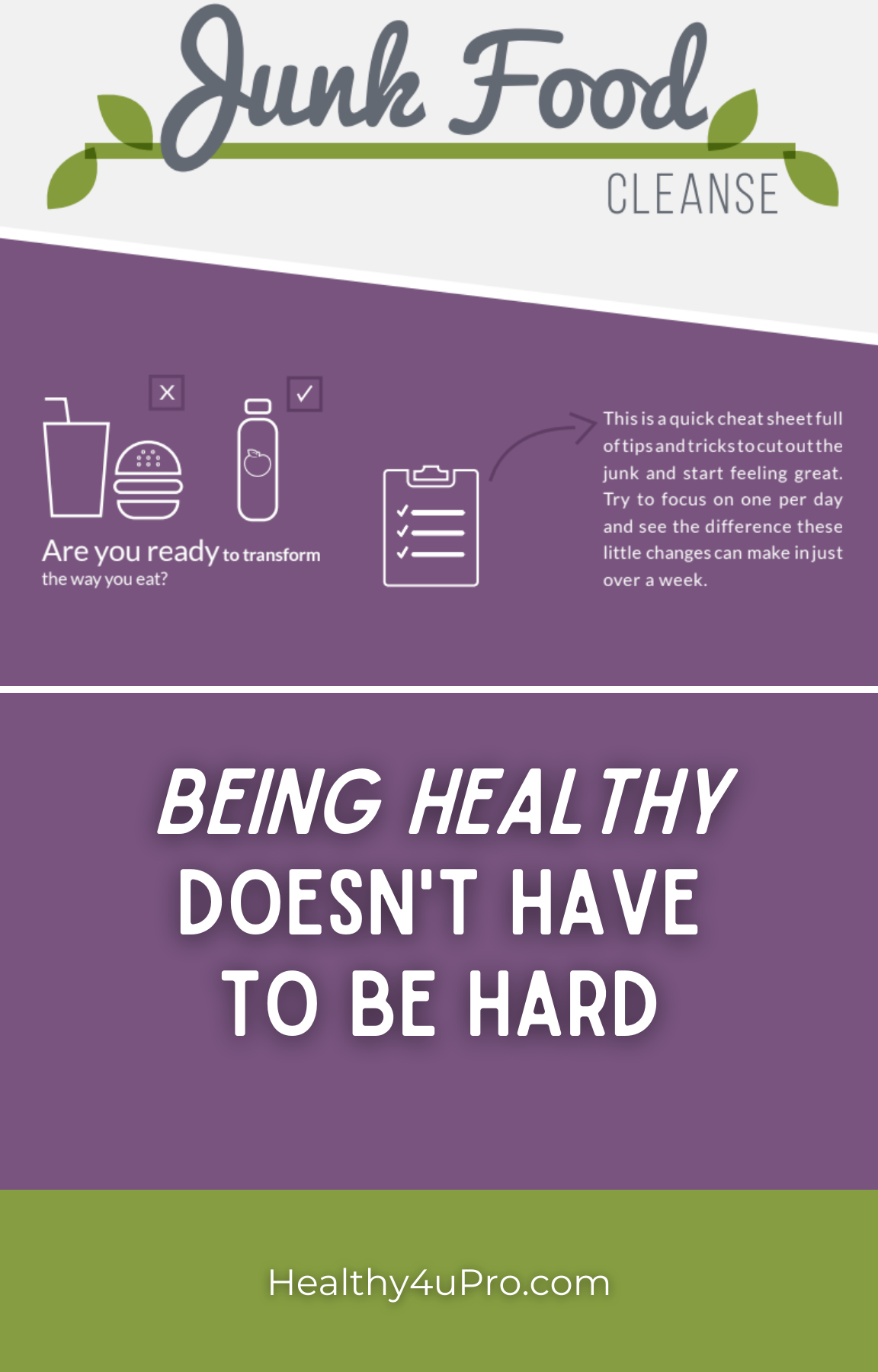Men’s Health
Men's health is a subject that is often overlooked. Men are often reluctant to discuss their health issues, and when they do, they may not be getting accurate information. Here are three men's health issues that you should be aware of, and some preventative measures you can take to stay healthy.
- Cardiovascular disease: Heart disease and stroke are leading causes of death in men, and risk factors include high blood pressure, high cholesterol, smoking, and a sedentary lifestyle. Preventative measures include regular exercise, a healthy diet that is low in saturated and trans fats, not smoking, and maintaining a healthy weight. Regular check-ups and screenings for blood pressure, cholesterol, and blood sugar can also help detect potential issues early and prevent cardiovascular disease.
- Prostate cancer: Prostate cancer is the second most common cancer in men and the second leading cause of cancer deaths in men. Preventative measures include regular check-ups and screenings for prostate cancer, such as a digital rectal exam and prostate-specific antigen (PSA) test. Eating a diet rich in fruits and vegetables, maintaining a healthy weight, and engaging in regular physical activity have also been shown to reduce the risk of prostate cancer.
- Depression and anxiety: Mental health is an important aspect of overall health and well-being, and depression and anxiety are common mental health disorders in men. Preventative measures for depression and anxiety include managing stress through relaxation techniques, such as deep breathing or yoga, getting adequate sleep, avoiding excessive alcohol consumption, and engaging in activities that bring joy and fulfillment. Regular check-ups with a healthcare professional can also help detect and address potential mental health issues.
It's important for men to prioritize their health and seek medical attention when necessary. Regular check-ups and screenings can help detect potential health problems early and prevent future health complications. Additionally, making lifestyle changes such as exercise, a healthy diet, and stress management can help improve overall health and well-being.
Another health issue that men are reluctant to discuss is ED, Erectile dysfunction. ED can impact a man's quality of life and be a sign of some of the underlying health issues mentioned earlier in this article. While medication and other treatments are available, once again, lifestyle changes can also help improve ED. Here are the top 3 lifestyle changes that can help improve ED:
- Exercise regularly: Regular physical activity has been shown to improve cardiovascular health, increase circulation, and reduce stress, all of which can contribute to better sexual function and ED. Aim for at least 30 minutes of moderate exercise most days of the week, such as brisk walking, jogging, cycling, or swimming.
- Maintain a healthy diet: Eating a diet rich in fruits, vegetables, whole grains, and lean proteins, and low in saturated and trans fats, can help maintain a healthy weight and reduce the risk of heart disease, high blood pressure, and diabetes, all of which can contribute to ED.
- Reduce stress: Stress can impact sexual function and contribute to ED. Relaxation techniques, such as deep breathing, meditation, or yoga, can help manage stress and improve overall well-being. Additionally, getting adequate sleep, avoiding excessive alcohol consumption, and engaging in activities that bring joy and fulfillment can also help reduce stress and improve sexual health.
It's important to note that these lifestyle changes may not cure ED on their own, but they can help improve overall health and reduce the risk of ED.
Along with the proper lifestyle changes, there are some very effective male enhancement supplements which do not require a prescription, Erictin, VigRXPlus are 2 of the many supplements available.
Consultation with a healthcare professional is recommended before using any male enhancement product to correct ED.






